Are you planning a solo adventure? It’s a great idea! Solo travel can be very rewarding, but it requires extra care and preparation. Here are some tips to help you create a backup plan for your solo adventure.
Start with a Solid Itinerary

A solid itinerary is essential when traveling solo. Even if you are a free spirit, a plan can help you stay organized and avoid unexpected issues. Before you set off on your adventure, create a detailed itinerary that outlines your accommodations, transportation, and activities. This will help you stay on track during your trip, and allow you to adjust your plans if necessary.
When creating your itinerary, make sure to research the transportation options available at each destination. If you plan to take a train, for example, make sure you know the schedule and the location of the train station. If you plan to rent a car, research local driving laws and make sure you have the necessary documentation for driving abroad.
Don’t forget to leave some flexibility in your itinerary as well. Unexpected opportunities or events may arise, and you don’t want to miss out on them because your schedule is too rigid.
Keep your Important Documents Safe
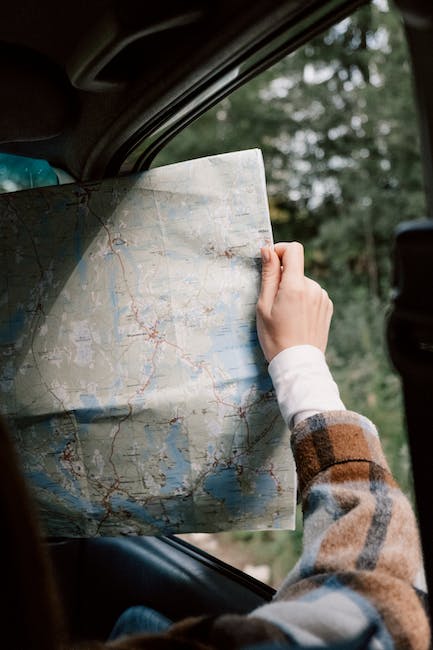
Losing your passport, ID or credit cards can be a nightmare when traveling solo. That’s why it’s essential to make copies of these documents and store them in a safe place. You can use a secure online storage facility or a safety deposit box at your hotel. Additionally, carry your original documents with you, but separate them from your copies. This way, in case your bag gets lost or stolen, you’ll still have access to your documents.
It’s also a good idea to take photographs of your documents with your phone or camera. This will provide you with a digital backup that you can access anywhere, even if you lose your physical copies.
Make Contact with Family and Friends
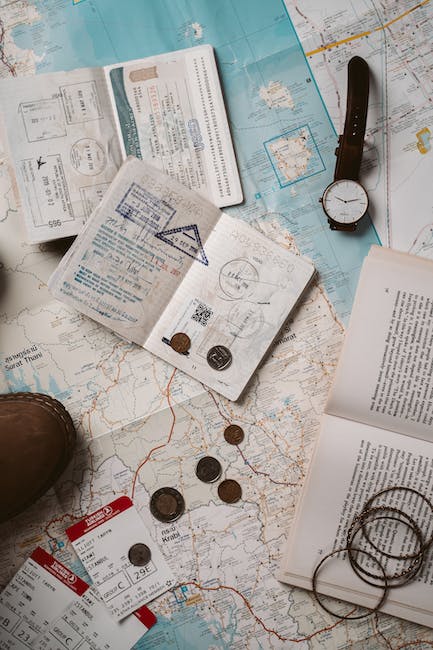
It’s important to stay in touch with your loved ones when traveling solo. They can provide support and feel more at ease knowing you are safe. Before you leave, create a plan for staying in touch, such as setting up regular check-ins or providing them with a copy of your itinerary. Make sure they know how to reach you in case of emergency.
You can also use social media to keep your family and friends updated about your adventures. Many platforms allow you to share your location and post updates about your trip, which can be a fun way to engage with your loved ones while on the go.
Credit Card and ATM Access

Having access to cash and credit cards is crucial when traveling solo. Make sure to let your bank know that you’ll be traveling abroad, so they don’t block your transactions. Additionally, carry multiple credit cards with you, so you have a backup in case one is lost or stolen.
It’s also a good idea to research local ATM fees and currency exchange rates. Some ATMs charge high fees, so plan accordingly to avoid unnecessary expenses.
Research your Destinations
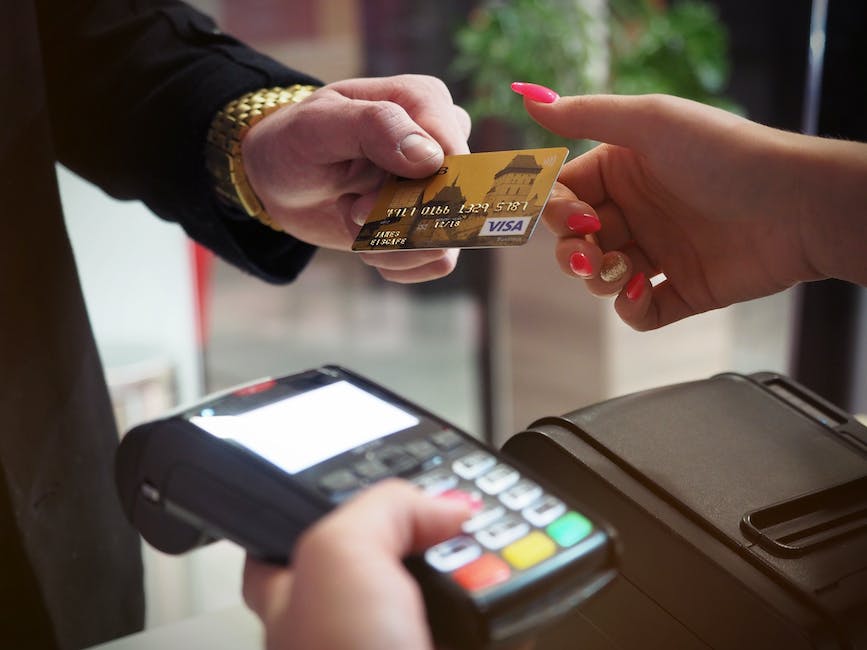
Researching your destinations is crucial when traveling solo, especially if you’re going to a new country or culture. Make sure to check for any travel advisories or warnings issued by your government or local authorities. This information will help you prepare for any issues that arise and make informed decisions about your travels.
Additionally, research the customs and traditions of the locals. This will help you avoid offending anyone and create a more positive experience for yourself.
Invest in Travel Insurance
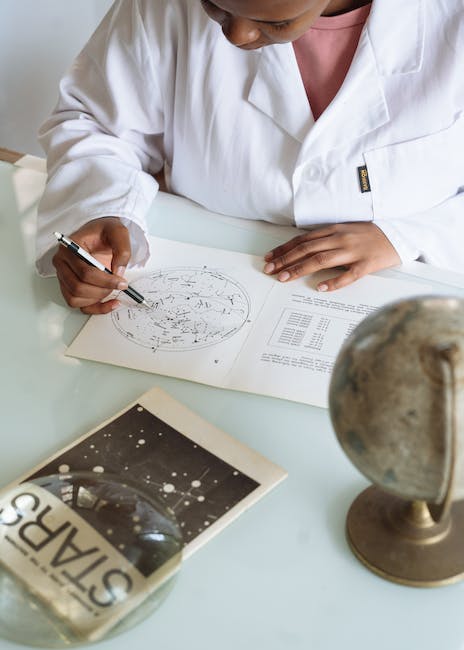
Travel insurance is always a good investment, but it’s especially important when traveling solo. It can help cover the costs of medical emergencies, lost or stolen possessions, and cancellations. Make sure to research different policies and choose one that suits your needs and budget.
When choosing a travel insurance policy, make sure to read the fine print and understand what is covered and what is not. Some policies may include specific exclusions or deductibles that you should be aware of.
Learn Basic Phrases in the Local Language
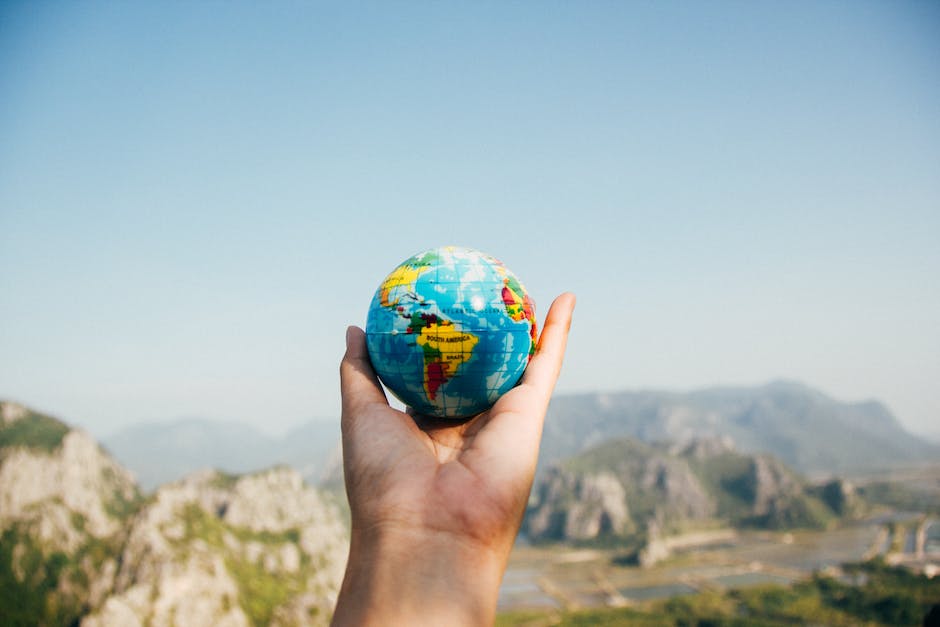
Learning basic phrases in the local language can be incredibly helpful when traveling solo. Even if you’re not fluent, knowing simple phrases like “hello,” “thank you,” or “where is the nearest hospital?” can help you communicate with locals and navigate your surroundings.
You can use language learning apps or audio courses to practice your language skills before your trip. Many apps also have offline features that you can use without an internet connection.
Prepare for Communication Issues

Communication issues can be a problem when traveling solo, particularly in areas with poor internet or telephone connectivity. Prepare for this by downloading offline maps, translation apps, and any other apps that may be helpful in emergencies.
It’s also a good idea to carry a backup charger or power bank for your phone. Make sure to research local charging options and adapters, as they may vary by destination.
Have a Backup Plan for Transportation
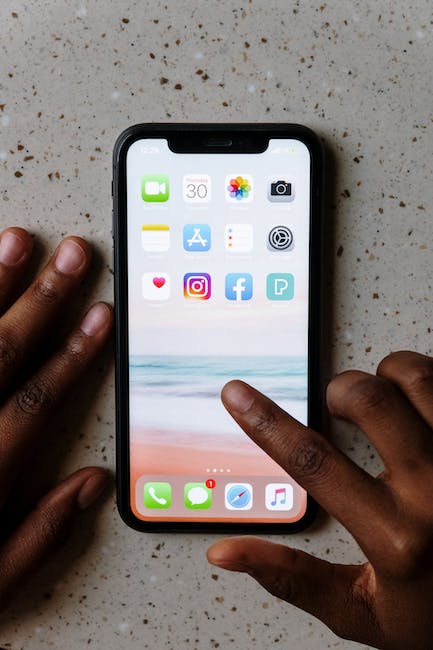
Make sure to have a backup plan for transportation when traveling solo. Research local transportation options, such as buses or trains, and have a backup plan in case your main mode of transportation falls through, such as renting a car or taking a taxi. This will help you avoid being stranded in an unfamiliar place.
It’s also a good idea to research airport transfer options before you arrive. Some destinations may have specific regulations for taxis or ride-sharing apps that you should be aware of.
Stay Alert and Aware
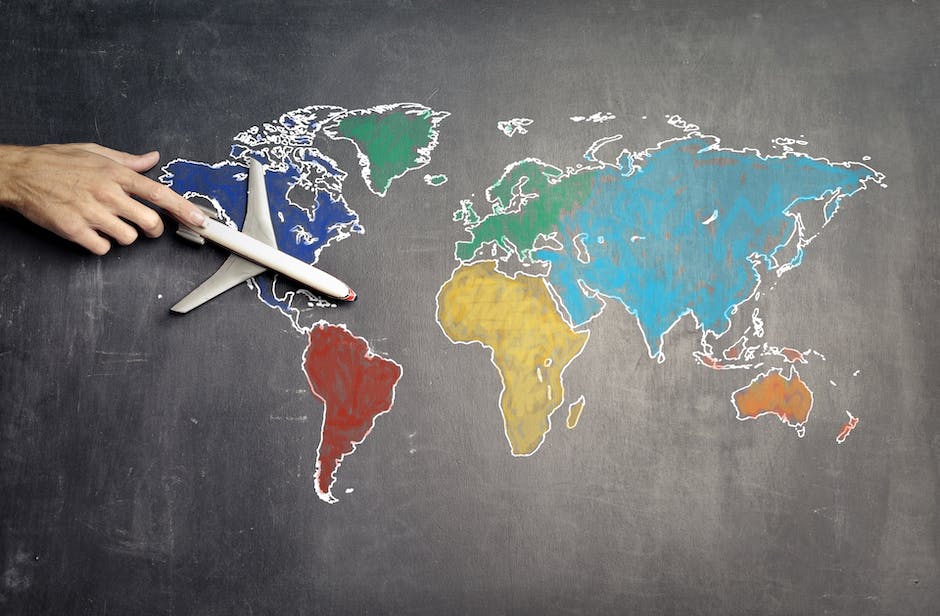
Finally, the most important thing you can do when traveling solo is to stay alert and aware of your surroundings. This includes being aware of potential dangers, such as pickpockets or scam artists, and avoiding risky situations or areas.
Always trust your instincts, and don’t hesitate to ask for help if you feel uncomfortable or unsafe. Remember to enjoy your adventure, but never compromise your safety.

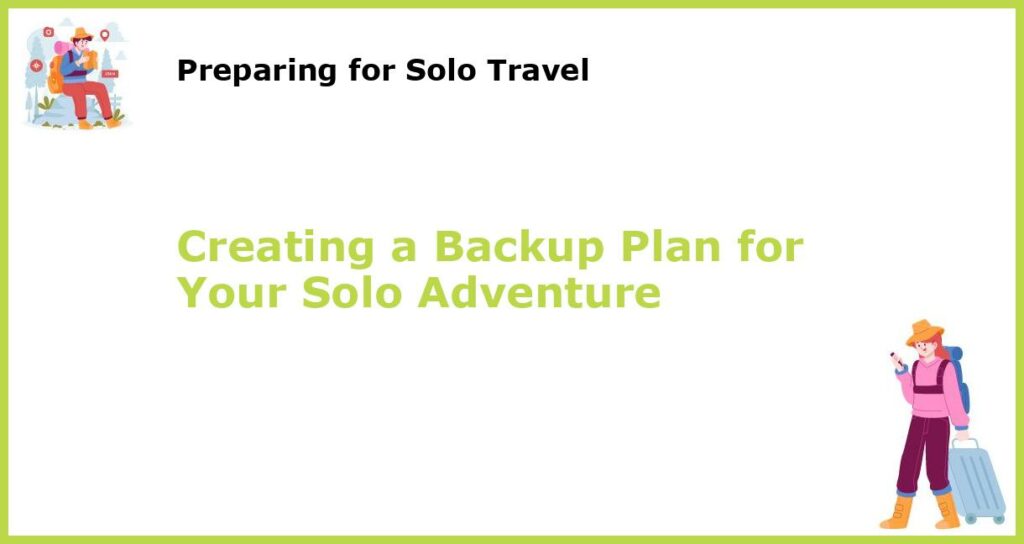






 You might also be interested in those articles related to solo traveling
You might also be interested in those articles related to solo traveling